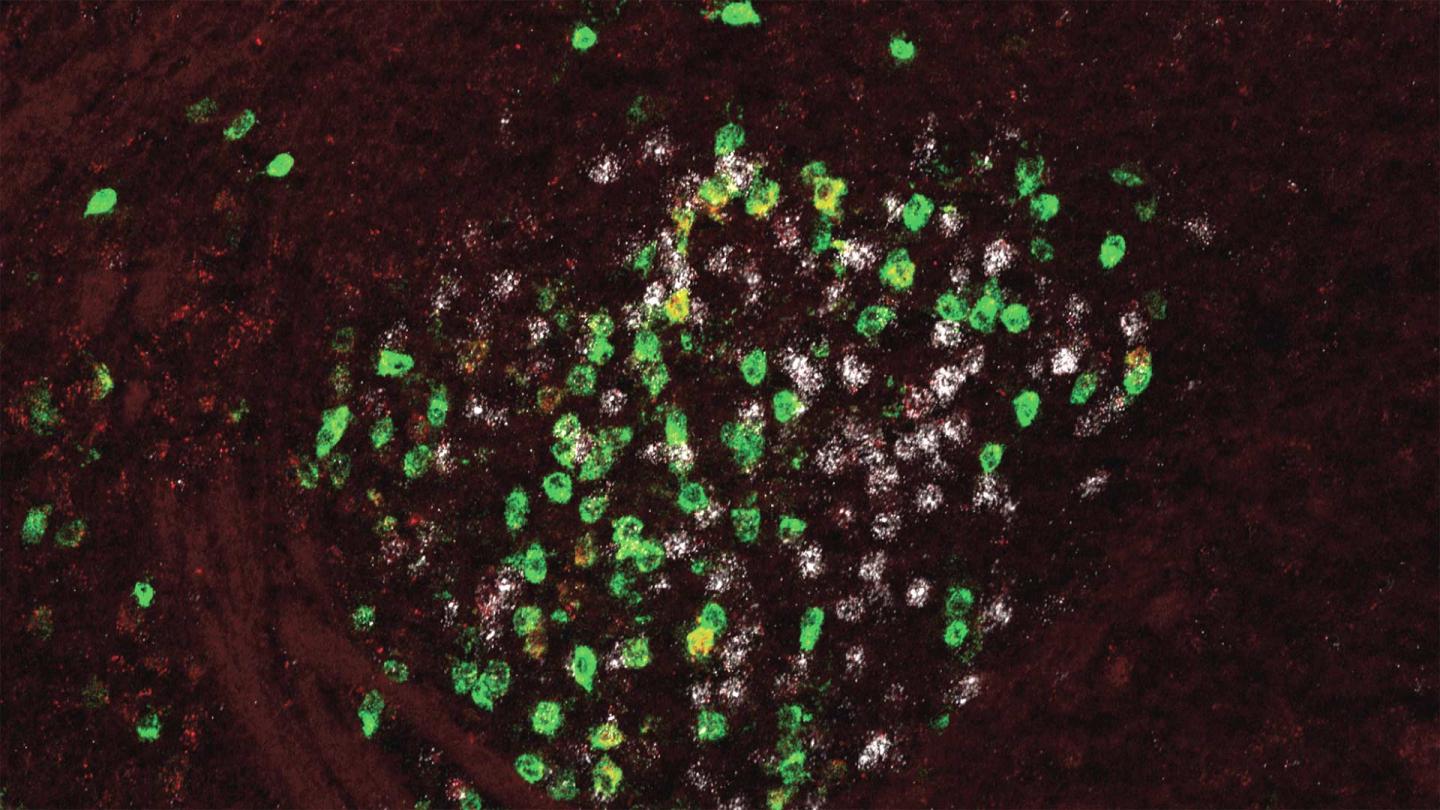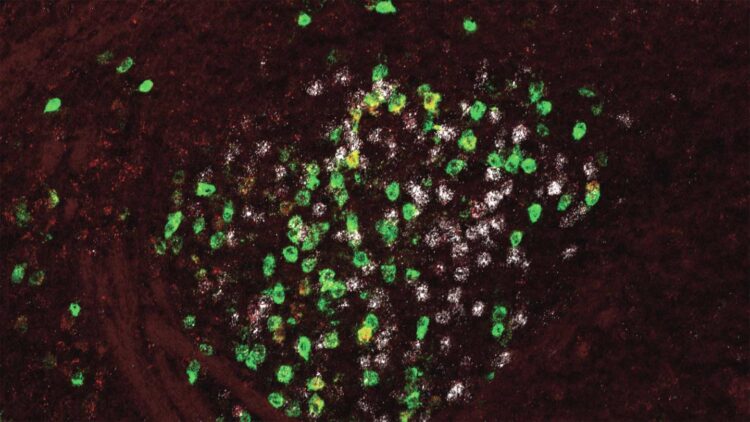
Credit: Li lab/CSHL, 2020
When a frightful creature startles you, your brain may activate its fear-processing circuitry, sending your heart racing to help you escape the threat. It’s also the job of the brain’s fear-processing circuits to help you learn from experience to recognize which situations are truly dangerous and to respond appropriately–so if the scare comes from a costumed goblin, you’ll probably recover quickly.
In more dire circumstances, however, the brain’s fear response can be critical for survival. “Being able to fear is the ability to sense the danger and is the driving force to figure out a way to escape or fight back,” said Cold Spring Harbor Laboratory Professor Bo Li.
[VIDEO: Watching a mouse think about fear and pleasure – https:/
Li’s team is probing the brain circuits that underlie fear, using sophisticated neuroscience tools to map their connections and tease out how specific components contribute to learning fear. A deeper understanding of these circuits could lead to better ways to control the overactive or inappropriate fear responses experienced by people with anxiety disorders.
Many of their studies begin with the amygdala, an almond-shaped structure that is considered the hub for fear processing in the brain. While the amygdala was once thought to be devoted exclusively to processing fear, researchers are now broadening their understanding of its role. Li’s team has found that the amygdala is also important for reward-based learning, and as they trace its connections to other parts of the brain, they are uncovering additional complexity. Li said:
“It is important for formation of fearful memory, but it’s also important for interacting with other brain systems in a different behavior context. We think that this circuit that we discovered that plays a role in regulating fearful memory is only a tip of the iceberg. It is indeed important for regulating fearful memory, but probably is also involved in more complex behavior.”
Li and his colleagues were surprised recently to find that the amygdala communicates with a part of the brain best known for its role in controlling movement. The structure, called the globus pallidus, was not known to be involved in fear processing or memory formation. But when the researchers interfered with signaling between the amygdala and the globus pallidus in the brains of mice, they found that the animals failed to learn that a particular sound cue signaled an unpleasant sensation. Based on their experiments, this component of the fear-processing circuitry might be important for alerting the brain “which situations are worth learning from,” Li said.
Li’s team and collaborators at Stanford University reported recent findings in the Journal of Neuroscience. For more of Li’s research on how fear is processed in the brain, check out this video of his talk at “Life Science Across the Globe”.
###
Media Contact
Sara Roncero-Menendez
[email protected]
Original Source
https:/
Related Journal Article
http://dx.





